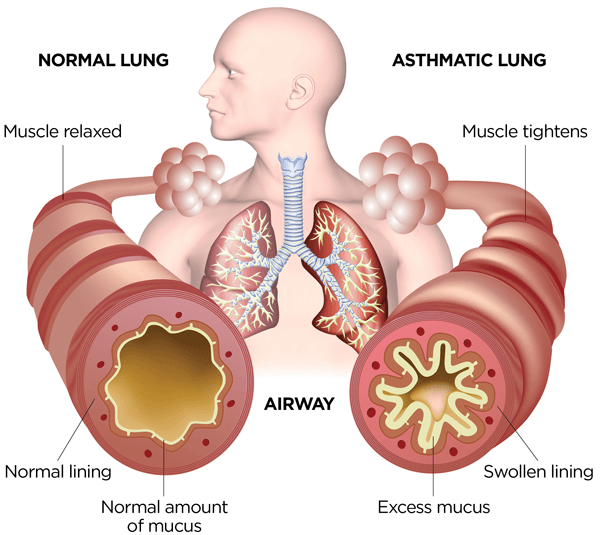Most of us have heard it before: “Breakfast is the most important meal of the day.” But new research suggests that skipping breakfast or eating late dinners may not just affect energy levels—it could also weaken our bones and raise the risk of osteoporosis.
Osteoporosis, often called the “silent disease,” weakens bones gradually until even a minor fall can cause painful fractures. For years, scientists have known that habits like smoking, heavy drinking, and lack of exercise increase the risk. But until now, the role of meal timing and eating patterns has been less clear.
A new study published in the Journal of the Endocrine Society is changing that conversation.
What the Research Found
Researchers in Japan, led by Dr. Hiroki Nakajima of Nara Medical University, examined lifestyle data from an astonishing 927,130 adults—nearly a million people. This large-scale analysis revealed something striking: people who regularly skipped breakfast or ate late at night had a higher risk of osteoporosis and fractures, including hip, forearm, vertebral, and humeral fractures.
But the findings didn’t stop there. These eating habits often clustered with other unhealthy behaviors, such as smoking, physical inactivity, insufficient sleep, and daily alcohol consumption. In other words, people who skipped breakfast or ate late were also more likely to live lifestyles that already strained their health—and their bones paid the price.
Why Timing Matters for Bone Health
At first glance, it may not be obvious why eating late dinners or missing breakfast would affect bone strength. But scientists believe the body’s circadian rhythm, or internal clock, may be the missing link.
Our bones, like the rest of our bodies, operate on a daily rhythm. Hormones that regulate bone formation and breakdown fluctuate across the day, influenced by sleep and meal timing. Skipping meals or eating too late may disrupt these rhythms, leading to imbalances in bone metabolism over time.
On top of that, people who skip breakfast often miss out on important nutrients such as calcium, vitamin D, and protein—nutrients essential for bone repair and strength. Late-night meals can also interfere with sleep, another factor tied to bone health.
The Bigger Picture: Lifestyle and Osteoporosis
The study’s findings highlight an important truth: osteoporosis prevention is about more than calcium supplements or occasional exercise. It’s about the bigger picture of daily habits.
Poor sleep, inactivity, alcohol, smoking, and unhealthy meal patterns form a web of risks that slowly weaken the skeleton. Conversely, small but consistent choices—like having a balanced breakfast, enjoying regular exercise, and getting enough rest—can make a powerful difference over time.
Dr. Nakajima put it clearly: “Preventing osteoporosis and fractures requires not only healthy eating habits but also a broader effort to improve overall lifestyle behaviors.”
What This Means for You
For anyone concerned about long-term bone health, this study is both a warning and a guide. The warning is that everyday habits, which often feel harmless, can quietly shape your risk of osteoporosis. The guide is that changes don’t have to be complicated.
Making time for a nutritious breakfast, setting earlier mealtimes, moving your body daily, and getting restorative sleep may feel like small steps—but together, they build stronger bones and a healthier future.
Osteoporosis may be silent, but its prevention speaks loudly through the choices we make each day.
More information: Hiroki Nakajima et al, Dietary Habits and Osteoporotic Fracture Risk: Retrospective Cohort Study Using Large-Scale Claims Data, Journal of the Endocrine Society (2025). DOI: 10.1210/jendso/bvaf127






